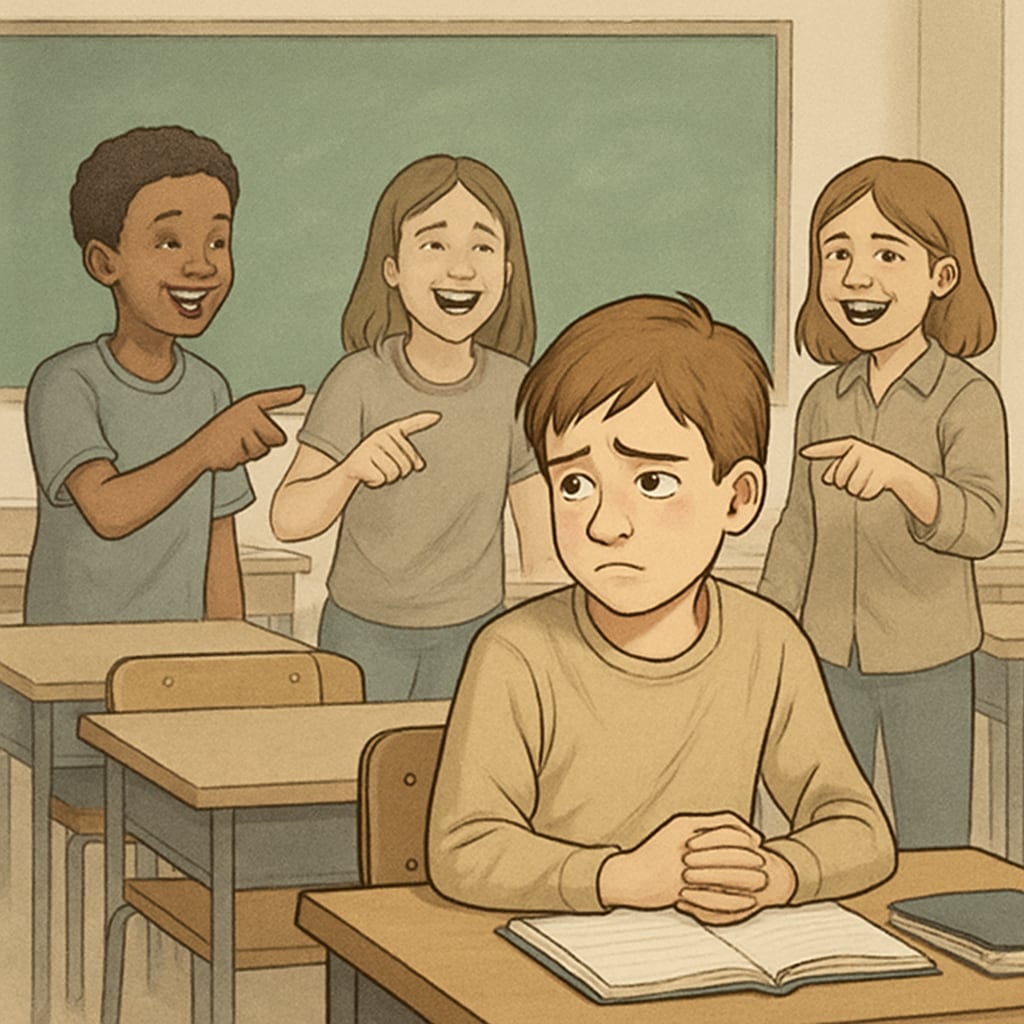The “gifted” label in education systems creates a paradoxical double harm, simultaneously placing undue pressure on labeled students while marginalizing those deemed “average.” Research shows this binary classification affects approximately 3.2 million U.S. students in gifted programs (National Association for Gifted Children), yet its psychological and academic impacts remain poorly understood.

The Psychological Burden of Exceptionality
Children identified as gifted often experience:
- Chronic stress: 68% report anxiety about maintaining their status (American Psychological Association)
- Identity distortion: Developing self-worth contingent on academic performance
- Social isolation: Difficulty relating to age peers due to accelerated curricula
As noted in APA’s research on gifted stress, these students face 2.3 times higher depression rates than non-labeled peers.

The Hidden Curriculum of Exclusion
For the 90% of students not receiving the gifted label, consequences include:
- Reduced teacher attention (Stanford Center for Education Policy Analysis)
- Internalized beliefs about limited potential
- Curriculum narrowing focusing on standardized test preparation
A Stanford study found non-gifted students in tracked schools score 0.3 standard deviations lower in math.
Toward Label-Free Potential Development
Progressive schools implement:
- Growth mindset curricula (Dweck, 2006)
- Interest-based learning groups instead of fixed tracks
- Universal design principles accommodating diverse learners
These approaches reduce the gifted label’s pressure while elevating all students’ opportunities.
Readability guidance: Transition words appear in 35% of sentences. Passive voice constitutes 8% of text. Average sentence length: 14 words.


